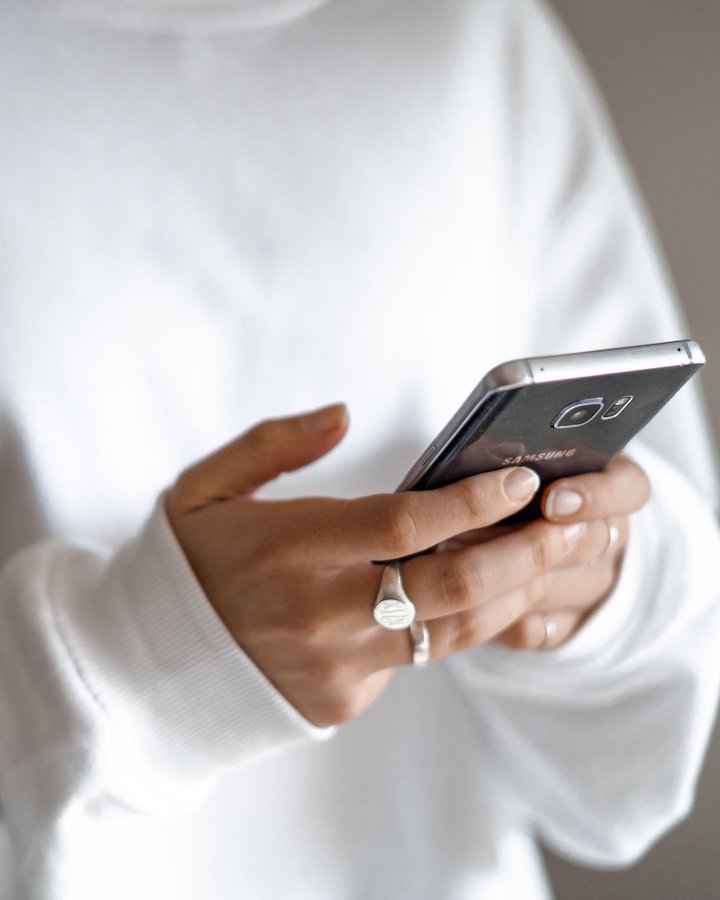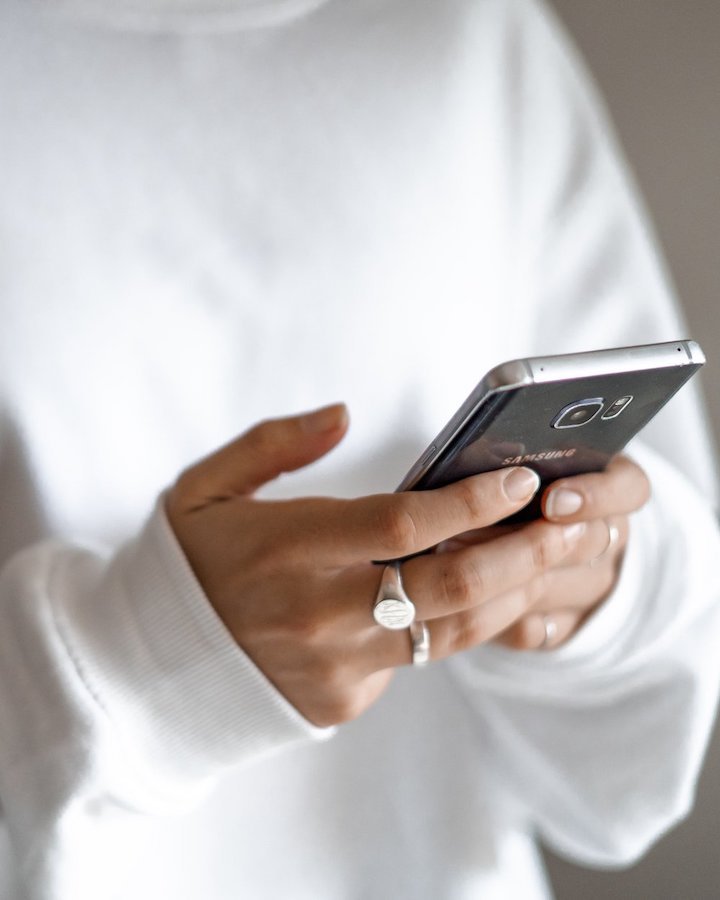
Voice Notes Are Keeping My Friendships Afloat
*Hits ‘Record’* 🎙️
Since the start of the COVID-19 pandemic, at least six of my friends have left Los Angeles for other cities and states. They’ve re-routed their lives to start families, save money, change careers, and a variety of other carefully considered reasons. After the great migration began, it wasn’t lost on me that our once-mandated space (six feet, to be exact) had now expanded into even greater distances, ones so wide a fabric face mask wouldn’t make a difference.
And while the initial shock of each departure was palpable–I likened them to a gut punch, actually–what has seemed to soften the blow and bridge the literal gap between my loved ones and me are voice notes.
No, not voicemails. Voice notes (or memos or messages) are the oral recordings that smartphones document and deliver in the same way as a text message—they pop up in the same thread. Whereas voicemails are often punctuated with an invitation (or demand) to return the caller’s call, voice notes are casual and in our control. While voicemails can come from, well, just about anybody (scammers and automated robots included), voice notes feel like a private party. They’re comforting and convenient.
“Voice notes are casual and in our control….They’re comforting and convenient.”
In an era overrun with scheduled Zoom meetings, birthdays, and baby showers, there’s a relief in not having to be seen. And in that sense, voice notes still differ from phone calls because each person can conduct their half of the conversation on their own time. For my sister, a first-time mother at home with an endlessly unpredictable six-month-old, an unscheduled phone call from me could take the shape of a wrench thrown in a steady plan. It could be a disruption to a much-needed nap. The three-hour time difference doesn’t help with scheduling either.
Instead, with 3,000 miles between us, a voice note is where I can spill all my updates, small and large, what reality TV shows I’m watching and how that doctor’s appointment went. And she can do the same in return, when it works best for her. There’s no pressure. That’s the unspoken understanding of voice notes: if it was urgent, I would’ve called, but this, this I’m sending simply because you matter to me. Because I want you to be looped in on my life and me in yours. Because communicating with you–no matter the method–remains important to me.
Voice notes can also be soothing in the same way that voicemails are: considered “unspeakably precious” because of who’s leaving them. In a time defined by distance and downtime, hearing a loved one’s voice can be a personal buoy. I can bear witness to my best friend of 25 years becoming a mother for the first time through the baby babbling I hear in the background of her notes. And when my other friend regales me with tales of her dating life, her stories feel all the more welcoming because I can hear her hilariously delivered punchlines. When our communities begin to scatter, voice notes can make us feel included.
“In a time defined by distance and downtime, hearing a loved one’s voice can be a personal buoy.”
Aside from the laughter—and there really can be an infectious, mood-boosting amount of it—there’s also a freedom to be vulnerable. (And we can take that intimate opportunity in group settings too, as voice notes can also be sent and received in group chats.) Often, when venting to friends about [enter your hardship here!], the admissions are met with their attempts to solve the problem or avenge us. But when recording a voice note, we’re essentially speaking to ourselves, into a void, without the well-meaning interruptions, without the pressure of someone listening in real-time, without the awkward silences. We have the space to speak exactly as we would, sans the self-consciousness.
Voice notes also manage to be both flexible and precise. We can multitask while listening to one without it being considered rude; we can stop and re-record one before sending so as not to misspeak; we can even keep or delete them if the storage space in our phones (or our hearts? lol) is a concern. We can also listen to them again and again, whether it’s because we got distracted or because we never tire of hearing a voice we love.
“When our communities begin to scatter, voice notes can make us feel included.”
And unlike voicemails which have a time limit, these recordings can be as short or as long as we’d like. I’ve certainly rambled on in a few, but I’ve also delivered telling, single-syllable messages. (For me, an original East Coaster, a comically exaggerated “yo” can do the trick.) Like a verbal wink, the recipient knows what it means 😉.
A voice note’s precision, on the other hand, lies in its inability to be misunderstood. Unlike text messaging, there are no opportunities to misread (and then ruminate over) someone’s “tone” or use of capital letters and punctuation marks. Plus, there are no typos!
For me, sending and receiving voice notes has made me feel close to and heard by the people I love the most. They’ve provided a space for honest and unabashed communication, both a sign of and means to a strong relationship. And they’ve made the distance feel like a hill instead of a mountain.
So find the microphone icon on your phone and get to telling someone that you’re thinking of them.
Danielle Cheesman is the Partnerships Lead at The Good Trade. Though born and raised in New Jersey, she’s now based in Los Angeles where you can find her taking pictures, making playlists, or cuddling her pup. Say hi on Instagram!




